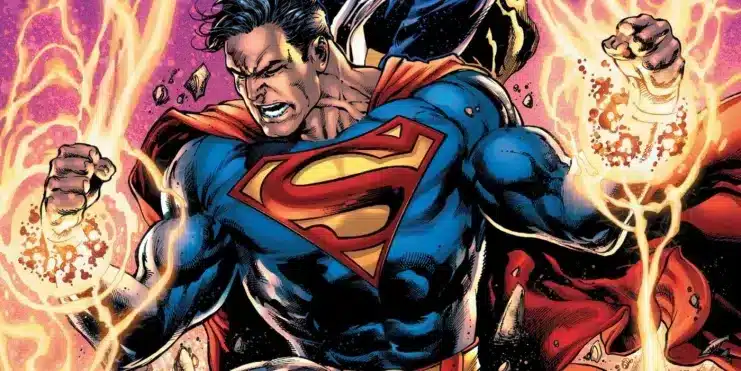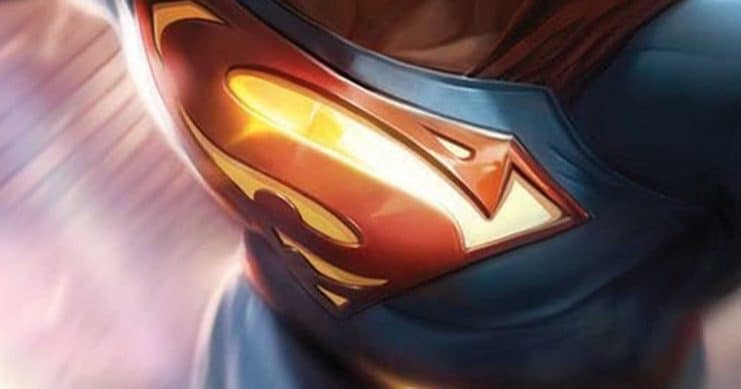
The controversial cover of Superman in the world of DC Comics has revealed old and new allegations of espionage.
In the fast-paced world of digital art, the lines between originality and reproduction are blurring, as a recent rumor from DC Comics shows. Adi Granov, an artist known for his work on Iron Man and a consultant for the Marvel Cinematic Universe, has spoken out against Francesco Mattina, who has done at least one cover for Action Comics using artificial intelligence (AI).
The questionable use of AI
The complaint centers on a variant cover for Action Comics #1069, where the error in Superman’s iconic “S” symbol appears to be a common AI flaw, repeating details incorrectly. Granov, who is known for not mincing words, was direct in his accusations: “When the AI started to appear, the first name that came to my mind was Francesco Mattina… I don’t often talk about artists I don’t like.” But I don’t consider Matina an artist.
Mattina is no stranger to controversy, having been repeatedly accused by other artists of “stealing” their work. Most famously, four years ago, Alex Garner accused him of copying one of his illustrations for a Flash cover. “Francesco Mattina has been known to steal from artists for years, but publishers reward him with important cover commissions,” Garner lamented on the social network.
Funny response from DC
In response to these allegations, DC Comics has removed three types of covers from its upcoming series after they were allegedly created with AI. Art.

The debate about using AI in the arts is not new, but cases like Mattina’s highlight the importance of establishing clear boundaries. As technology advances, the art community and publishers must decide how much digital tools can be considered an extension of the artist without crossing the line into blasphemy.
This controversy not only affects artists and their work, but also creates a challenge for consumers, who must navigate a market full of works that may not be entirely original. As this debate continues, one thing is becoming clear: the art world will not be the same in the age of artificial intelligence.
The fight against artificial intelligence
The use of artificial intelligence (AI) in music has sparked debates similar to those in the world of comics. Artists and producers have raised concerns about how AI can create music tracks that mimic the styles of established artists without express permission, raising significant ethical questions about authorship and copyright.
AI has been a topic of debate in the field of cinema as well. Directors and screenwriters have criticized the use of AI to generate scripts or edit films, arguing that it can lead to homogenization of content and lose the essence of personal narrative and human creativity. Additionally, deep fake technology, which uses AI to superimpose human faces onto videos, is particularly controversial. It has been used to create misleading or defamatory content, raising concerns about the manipulation of public image and misinformation.
These examples highlight how AI is shaping various industries, but its inappropriate use can lead to serious ethical problems. As this technology continues to develop, the need for clear rules and ethical safeguards to ensure that its impact is positive and fair for all participants becomes more urgent.
